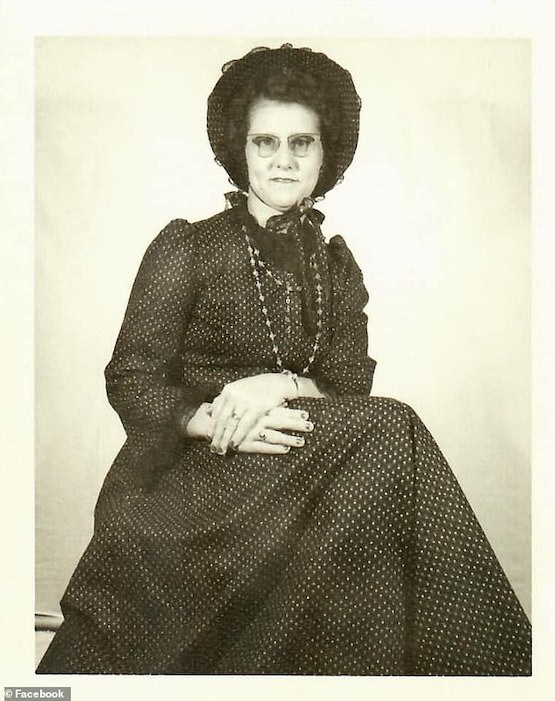I don't read articles like this often. In fact, this probably will be the last one mentioning the death of a widow of a U.S. Civil War veteran:
Helen Viola Jackson, the last known widow of a Civil War soldier, has died. She was 101.

Helen Viola Jackson in an undated photo although obviously taken many years ago.
Jackson's death was confirmed in a statement by the Missouri Cherry Blossom Festival, which revealed that she died on Dec. 16 at Webco Manor Nursing Home in Marshfield, Missouri, where she had been living for many years.
Though she kept details of her life mostly private, Jackson recently disclosed to her minister while working out the details of her funeral that she had married James Bolin, a 93-year-old Civil War veteran, when she was 17 years old, the statement read.
At the time, Jackson had been providing daily care for Bolin, a widower who served as a private in the 14th Missouri Cavalry through the Civil War.
James Bolin died on June 18, 1939. Helen Viola Jackson never Jackson never claimed his pension and she also never remarried.
You can read more in an article by Joelle Goldstein in an article published in the People.com website at: http://bit.ly/2XgfXpP.